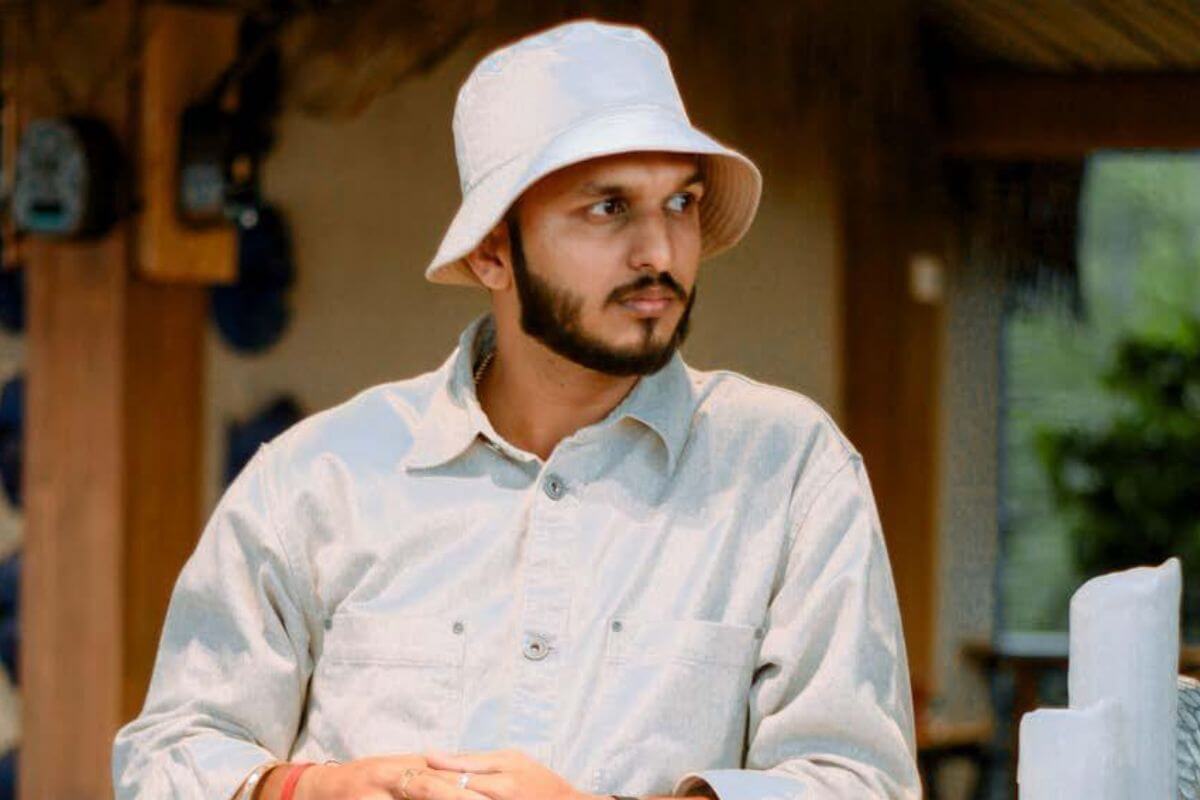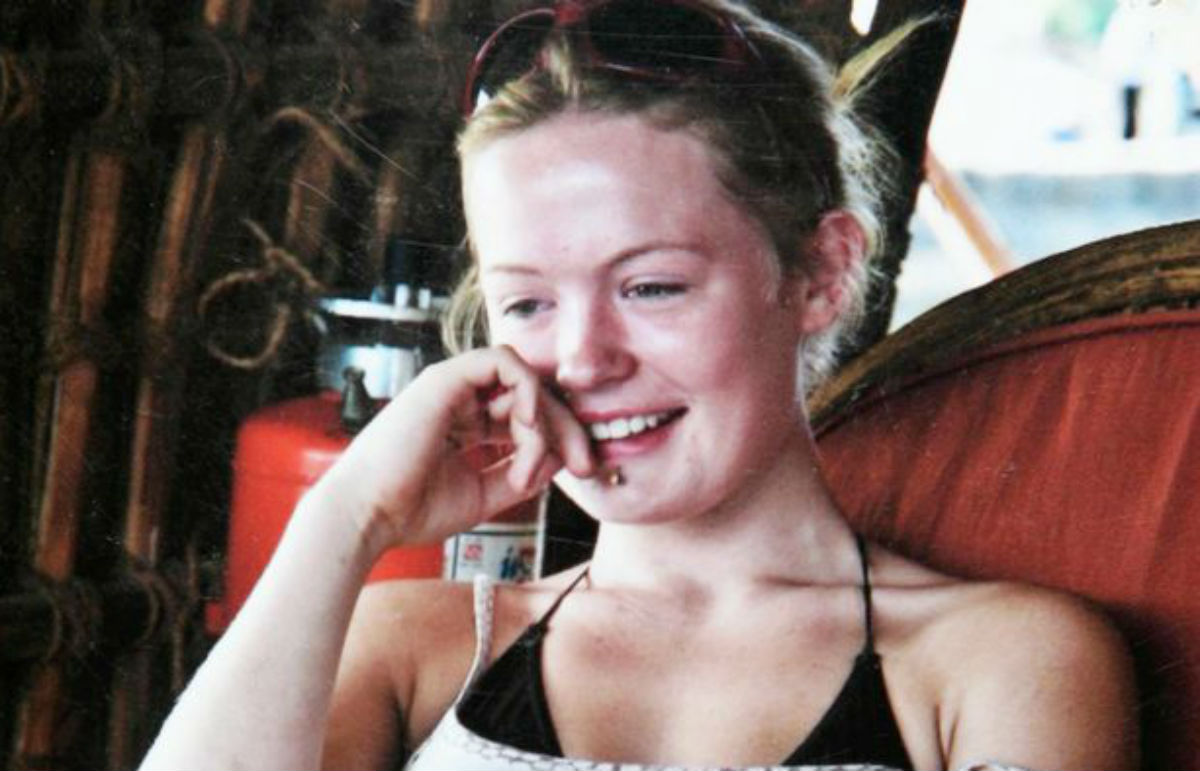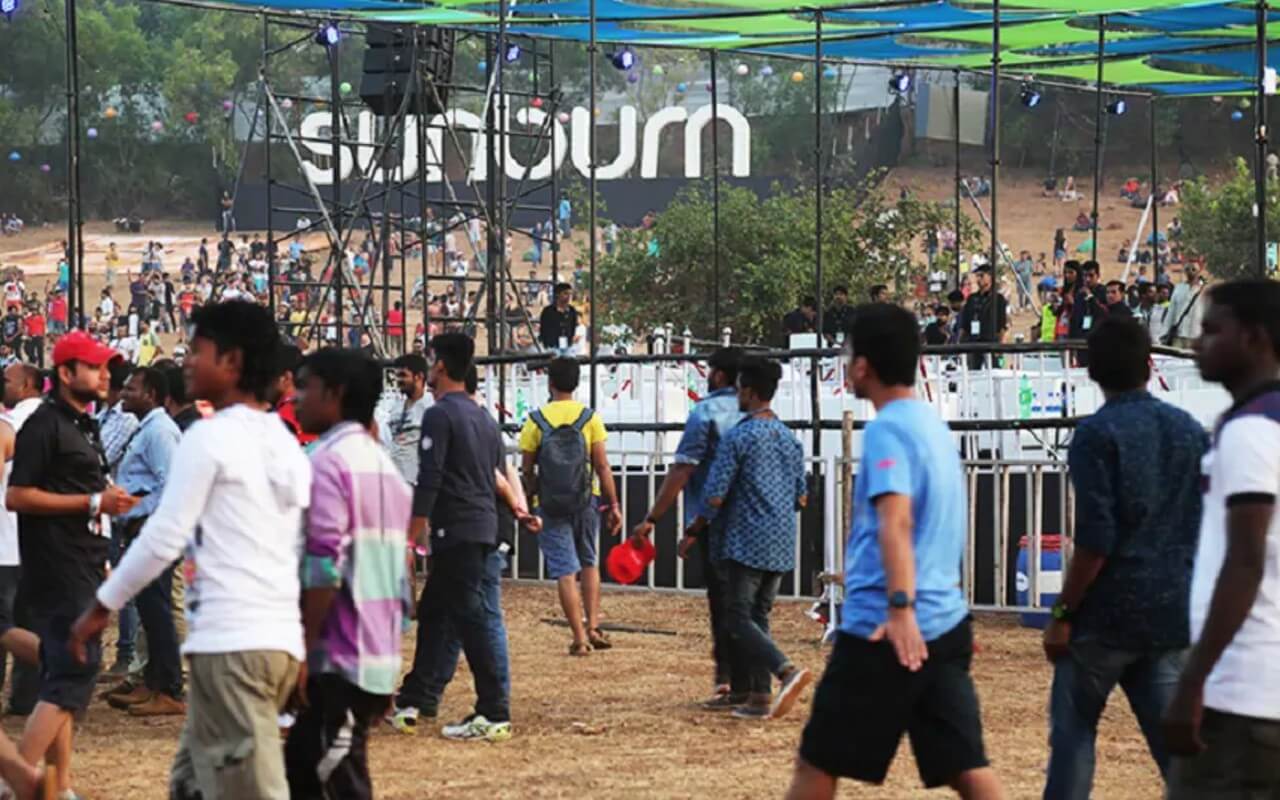The culture of Goa, including its language, has defined Goa as a unique state in its own way. The native language of most Goans, which is also the official language of Goa, is Konkani which is now sharing another official language that is Marathi. The Konkani language underwent changes due to Portuguese colonization facing with gradual lack of usage and support. But however, it has recently revived due to the efforts of dedicated traditionalists. Approximately one-third of the Goan population recognizes the language of Marathi as their mother-tongue.
The Marathi language has a special statute in Goa. It sounds very similar with Konkani. Both these languages belong to the Indo-Aryan group of the Indo-European family of languages and have numerous dialects of common origin (probably from Sanskrit) and script -Devanagari. Many Goa people speak both, Konkani and Marathi well enough.
The generation of Goans that were born and grown up in the period of Portuguese rule also speaks the Portuguese language. At schools, it is studied as the third language and its use is limited and is gradually dying off. However, many Portuguese words have entered the local languages firmly, especially among the Christian population of the state.
The history of co-existence and development of languages in Goa largely reflects the history of the struggle for the state independence. Marathi is one of the 20 most spoken languages in the world and its supporters consider the Konkani language to be its dialect, while Goa to be a part of Maharashtra. Therefore the adherents of revival and prosperity of Konkani after the liberation from Portuguese colonizers had to fight for recognition of their native language. They have defended the independence of the State of Goa at a referendum in 1967. But the language of Konkani for many years remained repressed by the languages of Marathi, Hindi, and English. The supporters of Konkani waged a stubborn struggle, which reached even to the bloody clashes and deaths, to receive the statute of official language of the state for their mother-tongue as Konkani
 In the 1970s this question was tackled by the specially formed committee of Indian National Academy, which, after some discussions, put an end to disputes declaring the Konkani an independent and literary language of the state. The campaign for independence reached a point of climax with its greatest success only in 1992 when a constitutional amendment included the Konkani into the list of official languages of India and recognized it the only one official language of Goa.
In the 1970s this question was tackled by the specially formed committee of Indian National Academy, which, after some discussions, put an end to disputes declaring the Konkani an independent and literary language of the state. The campaign for independence reached a point of climax with its greatest success only in 1992 when a constitutional amendment included the Konkani into the list of official languages of India and recognized it the only one official language of Goa.
Many Goans, including famous poets and writers, have written and published their literature in Konkani to maintain the official language of the state but recently the language is fading due to different other languages are spoken by the locals influenced by outsiders. Many Goans are still in a struggle to preserve the language by taking part in Konkani plays called ‘’Tiatr’’ or “Natak”. This is held in each and every village. “Tiatr” are held by the Goan Christian community and “Natak” are held by the Goan Hindu Community. It is the way of life for Goans. In this way, the Goan ‘’Tiatrist’’ are trying to preserve the Konkani language.
People living in Goa have observed various influences on Konkani culture in Goa. As the world is becoming a small village, global influences are part of the modern society. But then what happens to our xeet-kodi (rice-curry) culture?
Coming back to the title ‘’Konkani sharing Marathi as an official language’’, recently The Goa State Assembly has passed the resolution according to which the Marathi will be made an official language of the state of Goa along with the Konkani. The demand for making the Marathi an official language of Goa was in the pipeline for a long time which has finally been fulfilled claimed the sources.
The Goa Legislative Assembly has finally passed the long-pending resolution demanding the Marathi to be made an official language of the state of Goa along with Konkani. It has also been assured that all the stakeholders will be taken into the confidence.
The resolution was moved by the independent MLA Naresh Sawal on the floor of the house with the private members to make the Marathi as the official language of Goa along with Konkani, which is already notified by the Goa Government. The resolution was amended by BJP MLA Siddharth Kuncolienkar, who added that stakeholders and people should be taken into confidence before notifying Marathi as an official language.

The resolution was strongly opposed by another independent MLA Vijay Sardesai who opined that making the Marathi an official language of Goa will result into the losing the identity of Konkani. “Goa’s unique identity would be diluted if Marathi will be allowed to be made official language along with Konkani,” quoted Mr. Sardesai adding that “Konkani has been already declared as the official language of the state, which saw widespread agitation during the 80s on the issue. Let the people decide on official language. Legislative Assembly should not decide.”
Goa Vikas Party’s Legislature Caetano Silva and Congress MLA Aleixo Reginaldo Lourenco had also strongly opposed the move of making the Marathi as the official language of Goa. “If government notifies the Marathi as the official language of Goa then it would have to face the rift of people of the state,” said Reginaldo.
BJP MLA Vishnu Wagh supporting the resolution narrated historical anecdotes of how Marathi language and its literature have roots in Goa as much in Maharashtra. He accused some of the legislators of speaking in the House on the issue “without knowing the history of the language.”
Today the generation prefers to speak in English and sometimes Hindi due to which Konkani is losing its mark. “There is no point fighting over Konkani and Marathi at this stage when English is encroaching upon our lives”, said Dhawalikar, whose party was founded in 1962 to make Marathi Goa’s official language and merge Goa into Maharashtra.

“Across several religious, social, economic and cultural spheres, there are substantial numbers of Marathi population in the state. There are nine Marathi newspapers with about 1.50 lakh circulation each day, given these facts, it is necessary that Marathi receive official status and the house immediately pass an amendment to Goa Daman & Diu Official Language Act, 1987,” Sawal said. Meanwhile, Chief Minister Laxmikant Parsekar, in response to another resolution, assured that the state government would consider constituting the State Minorities Commission. “The matter is with the select committee now, we will look into it and take a decision on the formulation of the commission,” he said. Adding to that he also said that the House has passed the particular private member’s resolution, with an amendment that the Official Language Act 1987 could be changed after thorough consultation with the people. Speaking further, the Chief Minister stated that the government is fully aware of the place enjoyed by the Marathi language in the state. “This is the precise reason why the government has gone out of the way to establish another academy – Goa Marathi Academy – when there was some problem with the already existing academy, Gomantak Marathi Academy,” he stated, adding that the government will also ensure grants to Goa Marathi Academy from time to time.
Knowing public’s opinion, regarding this issue is vast. There are certain people supporting the Marathi as an official language while on the other hand there are people asking for Konkani and English as an official language. At the end of the day, opinions are many but the decision is one. The number of English schools is on a rise. In secondary schools and in all other higher educational institutions it is English, which controls the educational scenario. Konkani is being replaced even in households by English because parents feel that the future of their children depends on the knowledge of English alone. Konkani language—the most important factor of Goan identity—is slowly and systematically being displaced from the Goan soil. Goa is currently facing a rapid increase in the population. The percentage of non-Goans in Goa is almost 40%. If the same influx trend continues, in another decade, Goans will be a minority in their own state.


























2 thoughts on “THE POLITICS OVER THE OFFICIAL LANGUAGE IN GOA”
Make the Portuguese language either official or co-official.
The heart and soul of Goa is still an exotic blend of Portuguese and Goan Indian.
Most legal/land deeds/other important goverment documents are in Portuguese.
The shop/stores still have Portuguese signs.
There is vast Portuguese architecture all over Goa already there.
A sizeable number of Goans are Christian.
There are already thousands of Portuguese language speakers.
Many traditions/holidays/cultural celebrations/music are of Portuguese origin.
A lot of Goan cuisine is Portuguese based.
Most Goans have Portuguese surnames.
Goans are automatically Portuguese citizens and thus can easily get a Portuguese passport.
So, all things considered, why shouldn’t the official/co-official language of Goa be Portuguese. It only makes sense.
Portugal will also make the Konkani official language since lots of Goans have migrated to Portugal.